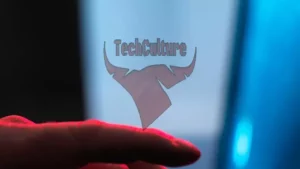In a groundbreaking and controversial article, The New Yorker has shed light on the life and aspirations of He Jiankui, the scientist responsible for gene-editing human babies. The revelations have sent shockwaves through the scientific community and ignited a fierce debate about the ethical boundaries of genetic experimentation. Jiankui’s actions have not only catapulted him into infamy but have also resulted in his imprisonment.
The article delves into He Jiankui’s motivations and his grand vision to transform humankind through gene editing. It provides a glimpse into his relentless pursuit of scientific advancement, driven by a desire to eradicate genetic diseases and create a future where parents have the power to design their children’s traits. However, it also highlights the immense risks and ethical dilemmas associated with such endeavors.
This exposé has sparked a renewed discussion about the regulation and oversight of scientific research. It raises important questions about the responsibility of scientists, the role of ethical guidelines, and the potential consequences of unchecked scientific ambition. The case of He Jiankui serves as a stark reminder of the need for stringent oversight and international collaboration in genetic research to ensure that ethical boundaries are respected and the potential benefits are balanced against the risks.
The New Yorker’s in-depth exploration of He Jiankui’s life and ambitions offers a thought-provoking and cautionary tale. It challenges us to consider the implications of genetic engineering on our society, and the importance of ethical considerations in scientific advancement. As the scientific community grapples with the fallout from this scandal, we must engage in a broader conversation about the moral and societal implications of gene editing. Only through thoughtful and responsible dialogue can we navigate the complex terrain of genetic research and ensure that future breakthroughs are achieved ethically and transparently.






